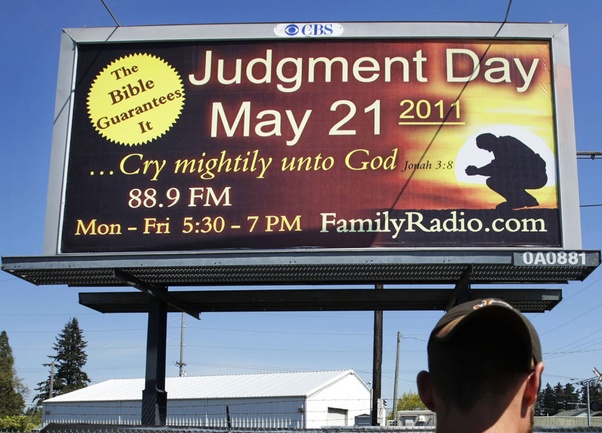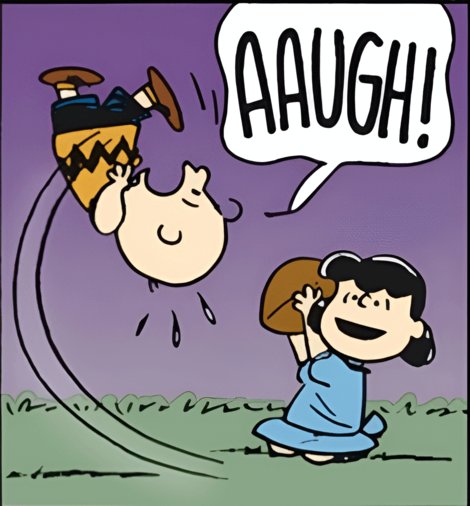[Note: This entry started out as an answer on Quora]
A lot of my liberal friends seem baffled by the fact that 45’s supporters seem…remarkably unfazed by the fact that Trump keeps announcing he’ll do things he never gets round to doing. Like, for example, when he said he’d post overwhelming evidence of his innocence and a vast conspiracy at a press conference…then when the day of the conference came and went, he’d present it in court at his trial. As with the tax returns he promised to release after e was elected that somehow he failed to release, this seems a pattern.
“Don’t his supporters notice?” my liberal friends say. “Doesn’t that bother them? When will he show us this evidence, anyway?”
That actually isn’t the right question.
It isn’t the right question because the answer is obvious. There is no evidence. There was no evidence. There never will be any evidence. He’s had plenty of chances to offer evidence and he hasn’t.
And, of course, we now know that he didn’t present any evidence at a news conference—he canceled the conference before it started, and now he’s claiming he will present this “evidence” at trial.
It is embarrassingly, painfully obvious that he doesn’t have anything.
So that’s not the right question, given that the answer is so obvious.
What is the right question?
The right question is “since it’s plain as the nose on your face Trump has no evidence that the election was in any way stolen, and since he keeps saying over and over that he does but every single time he says he’s going to show us this evidence he doesn’t, why do people still believe him?”
And the answer to that question says something fascinating about human beings.
Back in 2011, a Christian radio preacher named Harold Camping predicted the end of the world. He encouraged his followers to give up all their earthly possessions, sell their houses, and use the money to buy billboards warning that the end of the world was coming.
Of course, May 21, 2011 came and went and the world kept on turning.
You’d think this would have caused his followers to abandon him. It did not.

This actually wasn’t Camping’s first rodeo. He’d predicted the end of the world before, on May 21, 1988.
And then again on September 6, 1994.
When May 21 came and went, ol’ Harold, not one to give up in the face of, you know, reality, predicted that the world would definitely definitely end, for realsies, on October 16, 2011.
So far, so boring. People’ve been predicting the end of the world for as long as there have been people in the world. That’s not the interesting part.
Here’s the interesting part:
When each day came and went, the faithful didn’t lose faith, they became more faithful. They became more convinced.
In 1956, a psychologist named Leon Festinger wrote a book called When Prophecy Fails: A Social and Psychological Study of a Modern Group That Predicted the Destruction of the World. In that book, he made up a term for people who struggle to reconcile a sincere, passionate, earnest belief that doesn’t align with reality. He named this psychological phenomenon he was studying “cognitive dissonance.”
His hypothesis: When you believe something that turns out not to be true, such as when you believe a preacher who tells you the world is going to end on a certain date and then nothing happens, it takes work to get your head around the fact that it didn’t happen. It takes effort. It takes labor.
You have to unpack your belief. You have to look at yourself. Why didn’t it happen? Why did I believe it was going to happen? How can I explain to myself that I accepted a belief that wasn’t true? Does this mean other beliefs I have also aren’t true? How can I tell? How can I be sure? Does this mean I have poor judgment in the people I choose to believe in? Is it possible that those people in a different tribe, the ones who kept telling me that my belief was wrong, could be right? Am I part of the wrong tribe? What else have I been wrong about?
All this is deeply difficult and deeply unsettling.
You would think that a religion that preaches the end of days to its followers would lose all its followers when the days don’t end. That doesn’t happen; in fact, its followers become more fanatic and more faithful and more likely to believe their preacher, because (and this is the bit that blows my mind) it’s actually easier—it’s less work, it’s less effort, it’s less painful—to reject reality than to reject a belief you’re emotionally invested in, reject a tribe you consider yourself part of, or reject an authority figure you believe.
One of the most potent tools for rejecting reality is what Festinger called selective exposure.
Selective exposure means you only talk to people in your tribe—your fellow believers—and refuse to listen to anyone else. You only watch media that reinforces your belief, and go out of your way to avoid media that doesn’t. You read, watch, and listen to only the things that reinforce your belief, and the stronger the cognitive dissonance, the more you isolate yourself in a bubble that rejects reality and confirms what you already believe.
So when Donald Trump says he is going to prove that the election was stolen, then he doesn’t, that creates cognitive dissonance, just like when a preacher says the world is going to end on May 21 and then it doesn’t.
And, of course, some people will wake up when the proof never materializes or the world doesn’t end and say “okay, fine, he was lying.”
But a lot of people won’t. They’ll accept any excuse: Oh, I miscalculated the date from the Biblical signs, it’s really October 16. Oh, my lawyer told me not to show you the proof, I’ll how it to you at my trial.
Paradoxically, the more dates come and go, the more the faithful cling to the belief that next time it’s definitely gonna happen. Just like Charlie Brown thinks next time, Lucy will definitely let him kick the football.
At this point, Donald Trump’s remaining followers are acting and behaving pretty much exactly like members of a cult. They sincerely believe that next time, he will show them proof that the election was stolen, and when he doesn’t, they’ll believe whatever excuse he gives them, and believe that the time after that, he will definitely show them proof that the election was stolen.
You cannot argue them out of it. You cannot point out that it hasn’t happened yet and it’s never going to happen. No combination of words, no evidence, no proof exists that can change their minds, because changing their minds is simply too painful. It would force them to confront that they have spent all this time, all this effort, all this money following the wrong man.
You have to recall that the people who still follow Trump have probably given up a lot. They’ve given him their money, yes, but they’ve also lost friends, lost family, endured being ridiculed and called stupid…and so they’ve turned inward, they’ve made a new tribe with new beliefs.
And now, at this point, to admit they were wrong? That means they lost their money for nothing. That means they gave up their friends and family for nothing. That means all those jeers were true. And, more than that, they would have to give up the new tribe they’ve created and the new friends they’ve made.
You really think there’s a combination of words you can say that would make them do that? No way.


